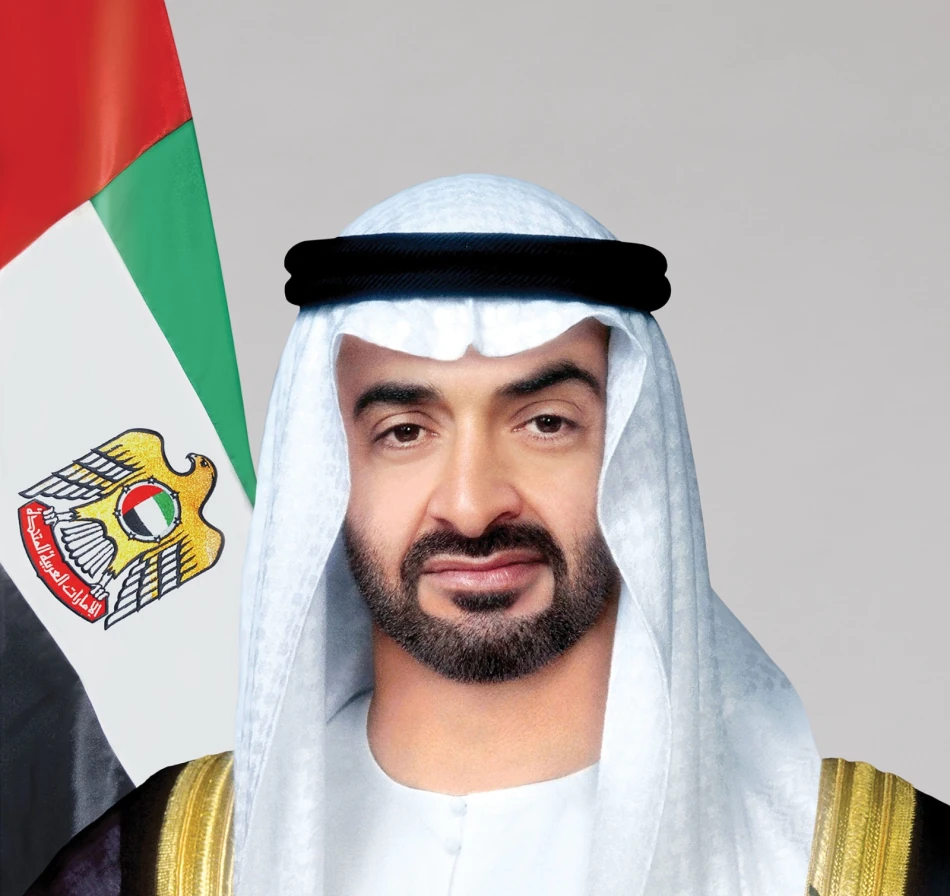
UAE President Welcomes Khalifa University Delegation, Exploring Academic Collaboration
UAE President Champions Khalifa University's Global Rise as Nation Doubles Down on Knowledge Economy
UAE President Sheikh Mohammed bin Zayed Al Nahyan has personally celebrated Khalifa University of Science and Technology's dramatic 25-place jump in the QS World University Rankings, signaling the Emirates' aggressive push to transform itself into a global knowledge hub. The university now ranks 177th globally, placing it among the world's top 200 institutions—a milestone that reflects the UAE's broader strategy to reduce oil dependency through advanced technology and innovation.
A Strategic Victory in Global Academic Competition
During a high-profile meeting at Al Bahar Palace in Abu Dhabi, Sheikh Mohammed bin Zayed emphasized the UAE's commitment to building a comprehensive academic ecosystem capable of keeping pace with rapid global changes. The president's direct involvement underscores how seriously the UAE leadership views educational excellence as a cornerstone of economic diversification.
The 25-position climb in QS rankings represents more than academic prestige—it positions the UAE to compete directly with established education hubs like Singapore and Switzerland for international talent and research partnerships. This advancement comes at a critical time when Gulf states are racing to establish themselves as post-oil economies.
Innovation Takes Center Stage
Underwater Robotics and Maritime Leadership
The university delegation showcased their "Diverse Underwater Robotic Fish Swarm System" project, highlighting the institution's focus on practical innovation with commercial applications. This technology demonstrates the UAE's strategic emphasis on maritime research—particularly relevant given the country's extensive coastline and ambitions in marine resource exploration.
Such innovations align perfectly with the UAE's Vision 2071, which aims to make the country the world's best nation by its centennial. The focus on robotics and artificial intelligence reflects global trends where nations like South Korea and Japan have gained competitive advantages through early adoption of these technologies.
Economic Implications and Market Impact
For investors and multinational corporations, Khalifa University's rise signals a maturing innovation ecosystem in the UAE. Companies increasingly view university rankings as indicators of a country's capacity for high-tech partnerships and skilled workforce development. The university's advancement could attract more international corporations to establish regional headquarters and research centers in the Emirates.
The emphasis on science and technology education also supports the UAE's massive investments in sectors like renewable energy, space exploration, and artificial intelligence. With initiatives like the Mohammed bin Rashid Space Centre and the UAE's Mars mission, the country needs world-class universities to supply the technical talent required for these ambitious projects.
Regional Competition Intensifies
The UAE's educational advancement comes as regional competition intensifies. Saudi Arabia has invested billions in NEOM and other futuristic city projects, while Qatar continues leveraging its World Cup infrastructure for long-term economic gains. The UAE's focus on organic university development, rather than simply importing foreign institutions, suggests a more sustainable approach to building intellectual capital.
This strategy mirrors Singapore's successful transformation from a trading port to a global financial and technology hub, largely achieved through strategic investments in education and research capabilities. The UAE appears to be following a similar playbook, using oil revenues to fund the transition to a knowledge-based economy before petroleum resources become less relevant globally.
Most Viewed News

 Sara Khaled
Sara Khaled






